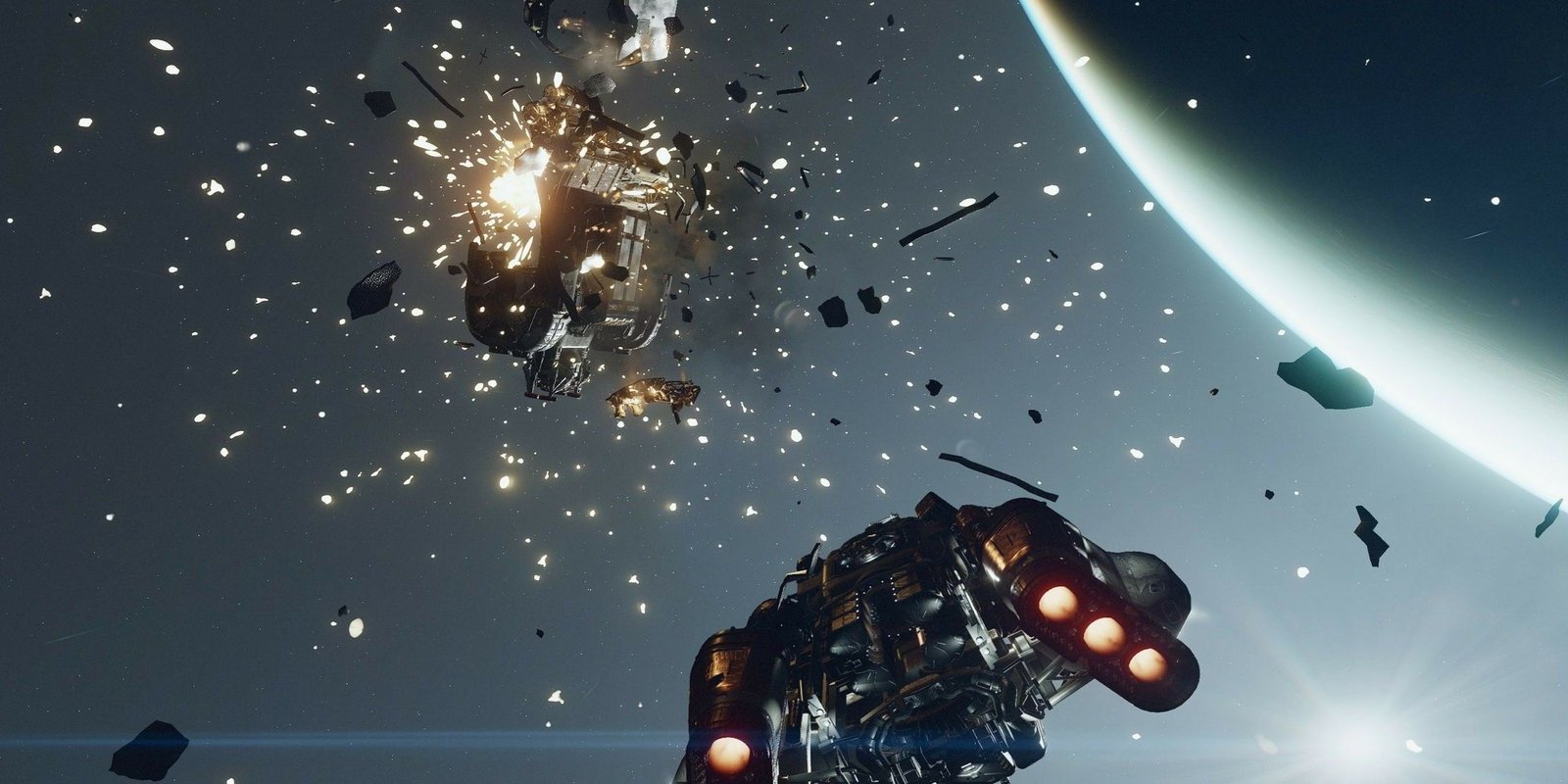


Related
Starfield’s Aceles May Hold the Key to a Franchise Identity
As Starfield’s identity and future plans remain uncertain, looking to the Aceles could open the door to a goldmine of content.
Cardinal Sins that Starfield Players Should Avoid
Rushing the Main Story
Unlike games like Skyrim, Starfield sets no ticking time bomb. Sprinting through “One Small Step” straight to artifact hunting robs access to faction storylines, high-yield outpost sites, and early companion bonds that unlock bespoke perks and romance paths. This becomes particularly problematic in the late game; story beats assume players have built a sturdy ship and a diverse skill set, without which pivotal battles become nearly impossible to win. Tackling at least one faction arc — UC Vanguard for ship combat training or Freestar Collective for stealth rewards — before chasing artifacts creates a stronger base for players to build off of. Scouting planets rich in Aluminum and Titanium to build a starter outpost also helps fund the rest of the Odyssey.
Treating Inventory Like a Black Hole
Grabbing every med pack and coffee mug seems harmless until the red ENCUMBERED warning slows sprint speed, drains oxygen, and stuffs the ship’s valuable cargo hold. Dumping everything in New Atlantis may seem the logical solution to this problem, but it’s often forgotten that New Atlantis’ vendors have limited credits. Therefore, it isn’t uncommon for half the haul to be left unsold, which means mobility is still compromised. Carrying only essentials such as digipicks, aid items, ammo, and other gear tagged either Modified or Rare helps manage inventory clutter. Extraneous cargo like bulk ore should go to companions during dungeons or even get offloaded to outpost transfer containers. Additionally, installing the Payloads ship module early enough adds 50 extra cargo units — a neat fix that keeps players focused on exploration rather than logistics.
Squandering Skill Points
There is no respec in Starfield, so spending early points on Gastronomy or Martial Arts can permanently lock builds out of critical utility perks like Boost Pack Training (traversal), Targeting Control Systems (dogfighting), and Security (lockpicking). The XP grind to fix poor allocations is lengthy and punishing; kill points are best spent on universal essentials like Boost Pack for vertical mobility, Piloting and Targeting for combat effectiveness, and Security for early access to valuable locked containers. Combat specializations should reflect personal playstyle, while crafting and food trees are best saved for the mid-game.
Ignoring Ship Combat Fundamentals
Main quest set-pieces often force orbital battles, and pilots unprepared with weak weapons or underpowered reactors tend to get vaporized. Ballistics, for instance, do negligible damage until enemy shields are destroyed, which makes uncoordinated volleys a waste of time. For improved efficiency, using lasers to strip shields before switching to missiles or ballistics is the way to go. Additionally, the ability to rotate power between engines, shields, and weapons mid-fight is essential to dominate the galaxy. Hence, installing a C-class reactor before missions (especially those involving He-3 theft or Crimson Fleet ambushes) can make or break success. Ship combat is core to Starfield’s identity, and ignoring it sets up repeated failures.
Skipping Companion Quests
Characters like Sarah Morgan, Barrett, Sam Coe, and Andreja each offer unique questlines that unlock permanent benefits, from free ship upgrades to carry weight boosts and romance-related XP buffs. Advancing too far in the Constellation storyline without completing these missions can permanently lock their content. Each companion only needs a few shared missions and a handful of affinity dialogues to trigger their quest. Prioritizing these early gives access to powerful narrative arcs and gameplay upgrades that deepen immersion and strengthen builds.
Treating Crafting and Research as Optional
It’s no secret that default weapons and suits in Starfield stagnate quickly in terms of effectiveness. Instead, mods crafted at weapon benches significantly improve damage, accuracy, and situational effectiveness. Likewise, pharmaceuticals grant essential buffs such as oxygen regen and 40% damage resistance. While it’s easy to get carried away in Starfield’s expansive exploration, players who ignore research fall behind both in survival and efficiency. Completing basic tiers in Weapons Engineering and Pharmacology unlocks suppressors, extended mags, and combat-enhancing chems, which can go a long way to change the outcome of a battle. Outpost-built hydroponics trays on jungle biomes can provide adhesive and fiber endlessly, streamlining gear upgrades. In a nutshell, treating crafting as an auxiliary rather than a foundational skill closes off tangible performance improvements.
Starfield
Systems
10/10
Released
September 6, 2023
ESRB
M For Mature 17+ Due To Blood, Suggestive Themes, Use of Drugs, Strong Language, Violence
Engine
proprietary engine
Source:
View Original Article
We care about the protection of your data. Read our Privacy Policy.